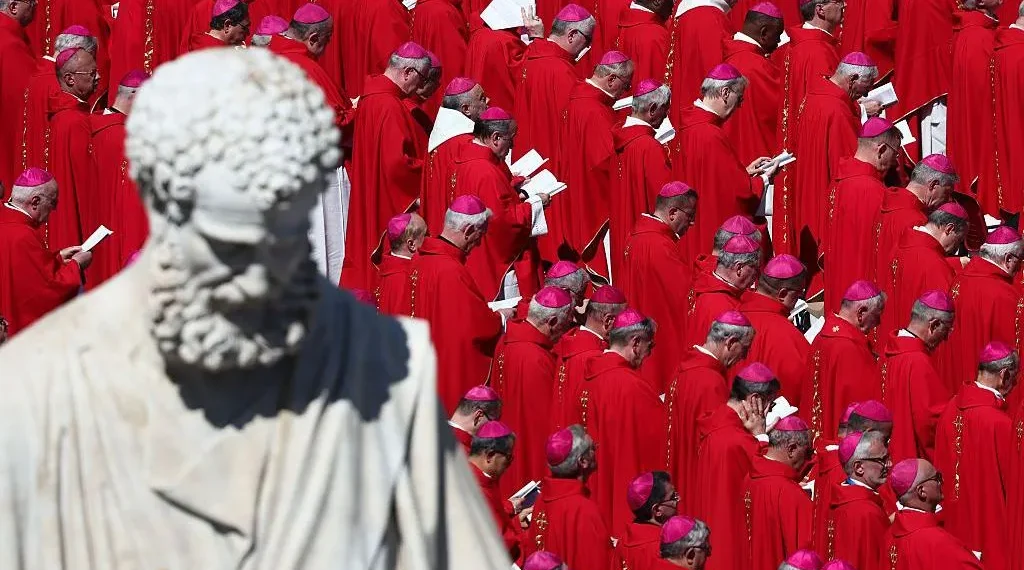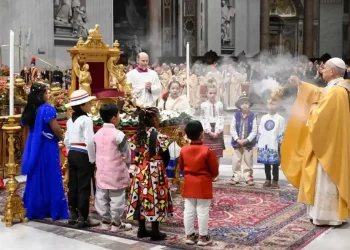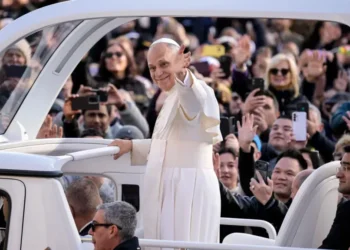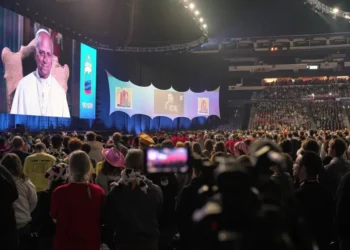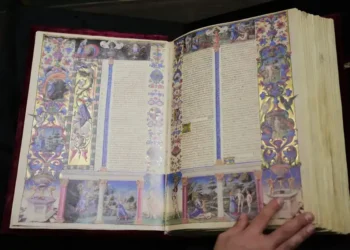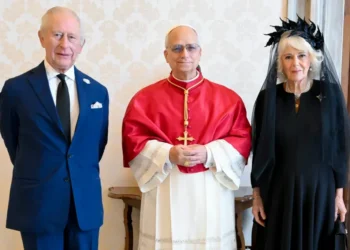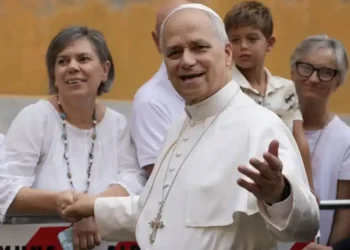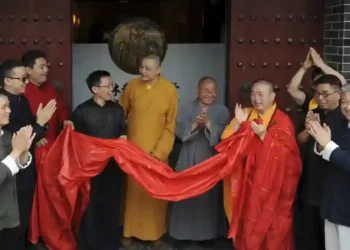Inside the Vatican’s Most Secret Election: How Cardinals Choose the Next Pope
When it comes to secrecy, no election in the world rivals the Vatican’s conclave. On Wednesday, 133 Catholic cardinals will gather behind closed doors in the Sistine Chapel to choose the next pope—completely cut off from the outside world.
Total Lockdown: How the Vatican Seals the Conclave
Before the voting begins, every cardinal and staff member involved swears an oath of lifelong secrecy. That includes not just the clergy, but also doctors, kitchen staff, and security personnel. Break the oath, and the penalty is excommunication.
The Vatican takes no chances. The Sistine Chapel and two nearby guesthouses are swept for surveillance devices. Electronic jammers are activated to block all phone and Wi-Fi signals. Even walkie-talkies are used sparingly—only in emergencies or when announcing that a new pope has been elected.
“There are no phones, tablets, smartwatches, or even newspapers allowed,” says John Allen, editor of Crux. “The idea is complete isolation from the outside world.”
Former Papal household head Monsignor Paolo de Nicolo adds, “You can’t even open the windows. Some rooms face the outside, and no one wants a leak.”
Behind the Walls: Security, Seclusion, and Silence
The Vatican police enforce strict rules. Cardinals are under constant watch and remain “completely incommunicado,” according to Ines San Martin from the Pontifical Mission Societies.
Even staff working behind the scenes have been carefully vetted and are forbidden from speaking to the electors. The only communication allowed is to request help or report the result.
And if anyone dares to break the rules? “They risk being cast out of the Church,” says De Nicolo. “That’s why no one dares.”
Outside the Chapel: Speculation, Wine, and Watchful Reporters
While the conclave itself is locked down, the days leading up to it are anything but quiet.
Rome becomes a frenzy of “cardinal-hunting,” with journalists scanning restaurants, cafes, and Vatican courtyards for sightings and soundbites. Local newspapers run headlines like “Wine and Rigatoni: The Cardinals’ Last Suppers,” tracking high-profile pre-election meals.
Even waiters get grilled for intel. “They always go quiet when we approach,” one server in Rome said with a shrug.
With nearly 250 cardinals in town—though only those under 80 can vote—speculation runs rampant. Reporters jostle for quotes as cardinals head to daily meetings, but most keep their lips sealed. The only hints offered are calls for unity or predictions of a quick conclave.
A Spiritual Choice in a Politicized World
While the Vatican insists the election is guided by the Holy Spirit, there’s no denying the global stakes. The Pope leads a powerful institution that influences everything from human rights to diplomacy.
In theory, politics are left at the chapel door. In practice, outside groups try to sway opinion—through media, books, and even viral videos. One video of Cardinal Tagle singing John Lennon’s Imagine was seen as a smear attempt. Instead, it made him more relatable.
Others, like conservative Cardinal Robert Sarah, are praised in glossy profiles circulated in church circles for standing against abortion and LGBTQ+ rights.
“There are always people trying to push an agenda,” says John Allen. “But the cardinals will try to block out the noise.”
And with so many new electors appointed by Pope Francis—many from countries that have never had a voting cardinal before—it’s harder than ever to predict where alliances lie.
A New Era Begins—In Secrecy
By Wednesday, the electors will be sealed inside the Vatican, phones surrendered, distractions silenced. What happens next will remain behind the chapel’s doors, likely for good.
“The cardinals’ private discussions now are what really matter,” says Ines San Martin. “And you never know—one voice could inspire the rest.”
This article was rewritten by JournosNews.com based on verified reporting from trusted sources. The content has been independently reviewed, fact-checked, and edited for accuracy, neutrality, tone, and global readability in accordance with Google News and AdSense standards.
All opinions, quotes, or statements from contributors, experts, or sourced organizations do not necessarily reflect the views of JournosNews.com. JournosNews.com maintains full editorial independence from any external funders, sponsors, or organizations.
Stay informed with JournosNews.com — your trusted source for verified global reporting and in-depth analysis. Follow us on Google News, BlueSky, and X for real-time updates.
